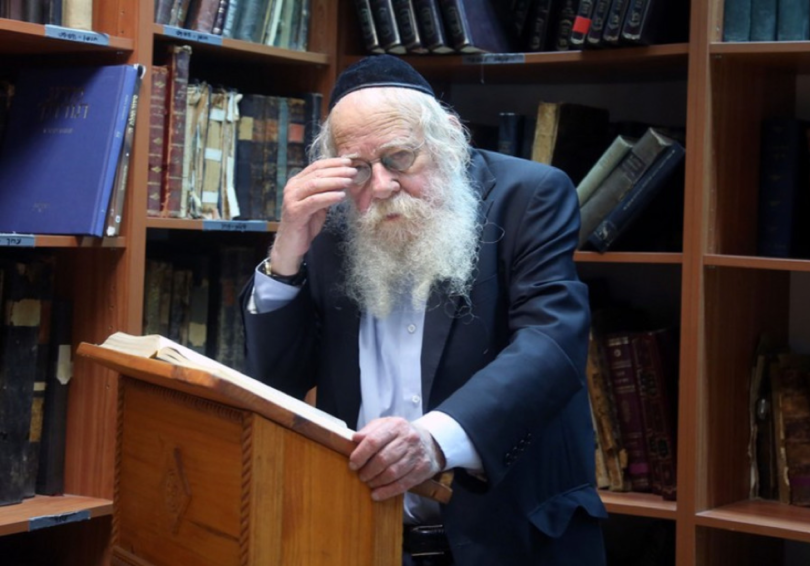The yearning for God is a feeling that we are not always aware of.
At times, we may lack any of the vocabulary or conceptual tools that would be useful in this search.
Many years may pass until the predisposition of our soul to reach out to God starts to take shape.
Moreover, since the soul’s tendency is revealed to the Self through our manifest consciousness, the soul’s search may go by way of areas that are distant from, and possibly even opposed to, holiness. Furthermore, the act of thinking in itself, no matter how much interest it inspires in us, may lead to different, possibly contradictory conclusions.
In this vein, an agnostic, who for some reason doubts God’s existence, may become either a believer or an atheist, since atheism, when it is clear and strong, is an expression of the soul’s focus on this issue.
But in any case, though it may not be completely positive, the transition from agnosticism to atheism shifts the issue from a place of apathy to a place of emotional involvement.
Indeed, even the shift from the stage of “What do I care?” to “That angers me” should, in fact, be seen as progress.
When we begin to show interest in God and think about Him from time to time, even if it is in an extremely abstract way, we embark on a path that may lead to connecting with God.
–Rabbi Adin Steinsaltz

